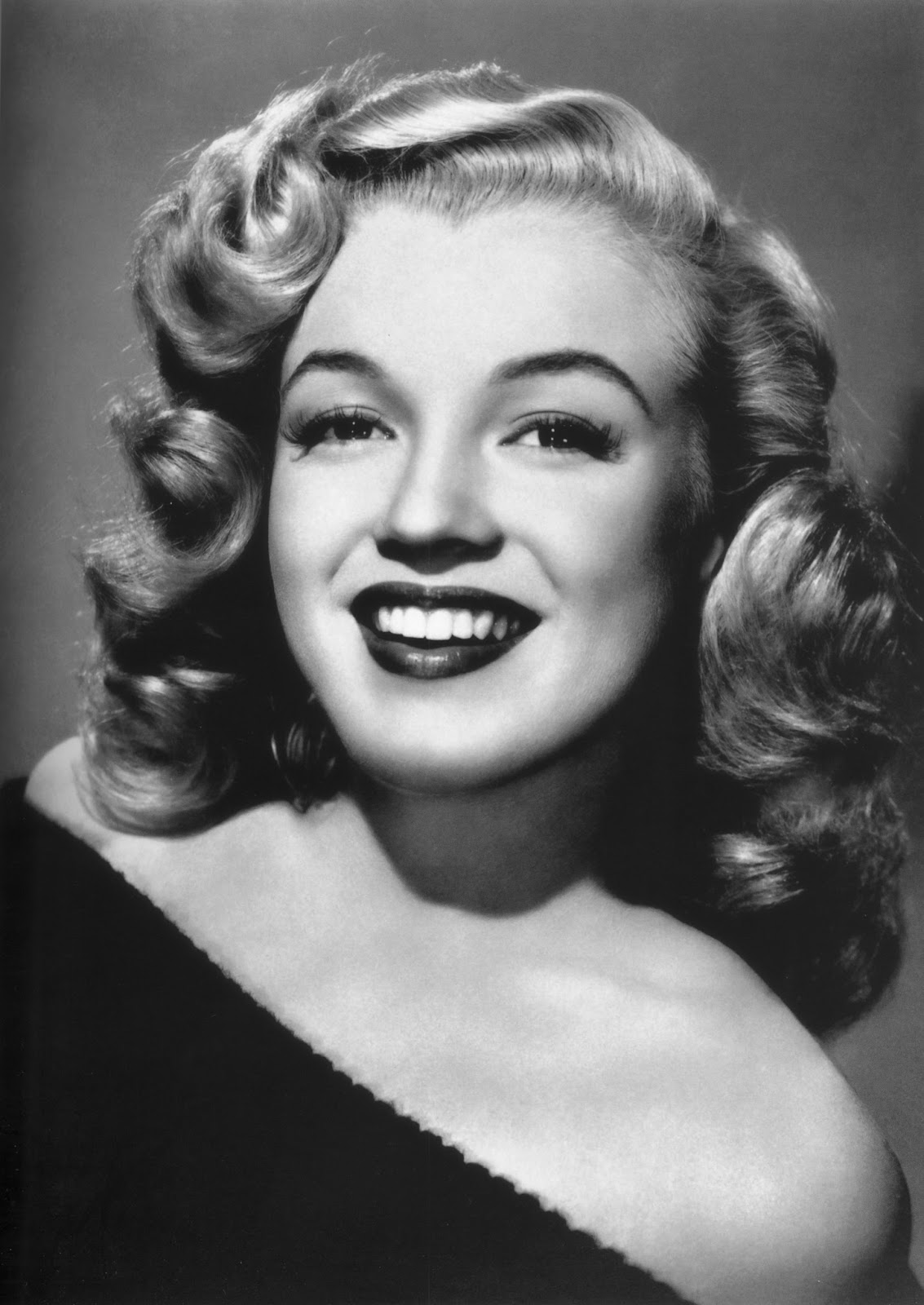A Room of One's Own (Chapter One)
In chapter one of "A Room of One's Own," Woolf is discussing the topic of women and fiction. According to Woolf, "...a woman must have money and a room of her own if she is to write fiction." Woolf's narrator is reflecting on the aforementioned topics on the banks of Oxbridge (fiction setting of Oxford and Cambridge). Woolf compares the predicament of women and fiction to fishing and her narrator's interaction with a university Beadle. As soon as a woman in this time period was able to mentally secure an idea to write, a man would come along and interrupt the idea, much like the university Beadle did encouraging the narrator to return to a designated path for women.
The narrator goes on to contrast Oxbridge to Fernham, a newer women's college. The meals at Fernham are uninspiring and unbalanced, whereas the meals at Oxbridge are full of life and conversation over a hearty, varied spread of food. Also, the narrator points out that male universities have been financially supported for centuries, while women's colleges often scrape by on whatever they receive monetarily. This problem of continual female poverty was caused by the fact that women were not allowed by law to hold property as they were themselves considered property. Finally, Woolf concludes by reinstating that having one's own space encourages dignity among many other positive attributes.

































